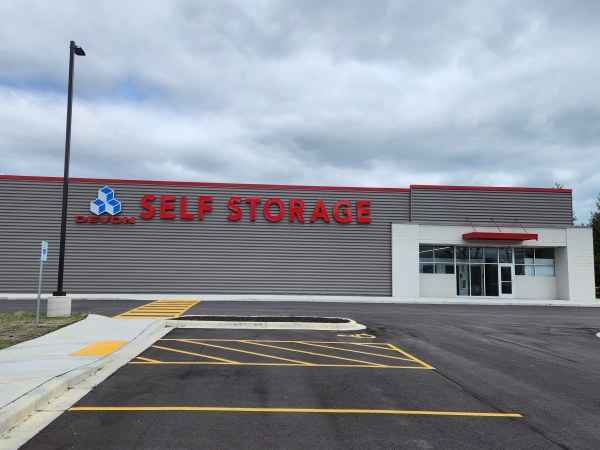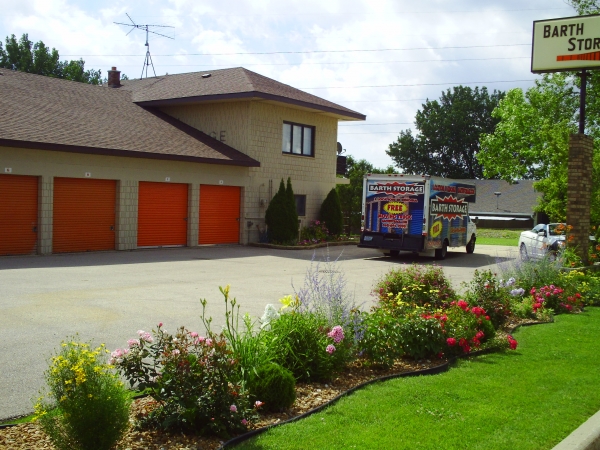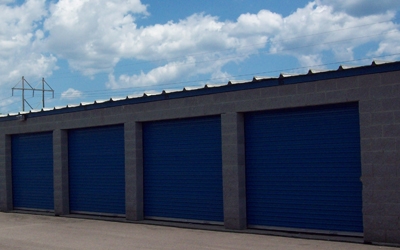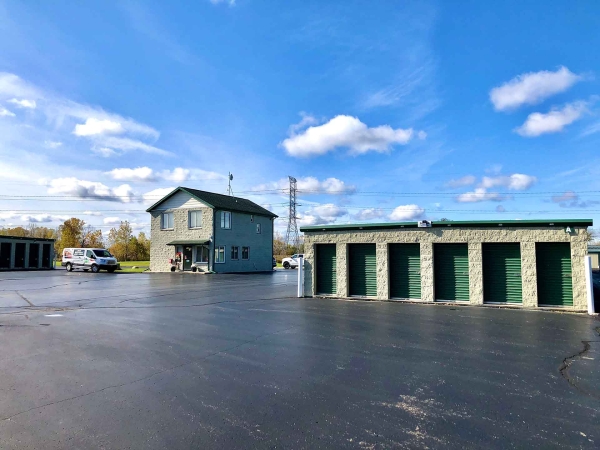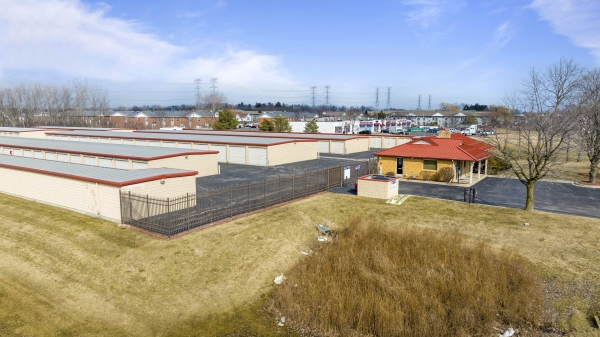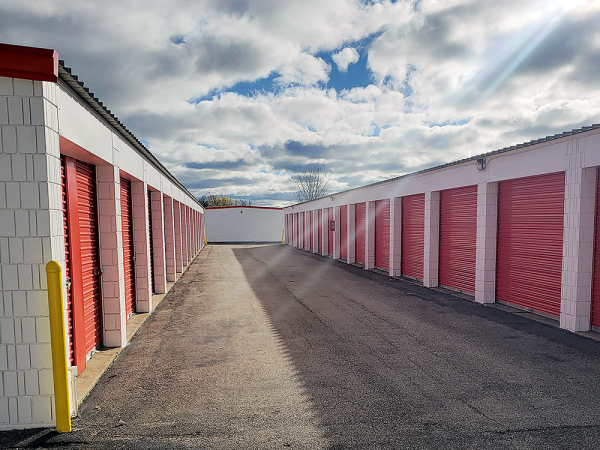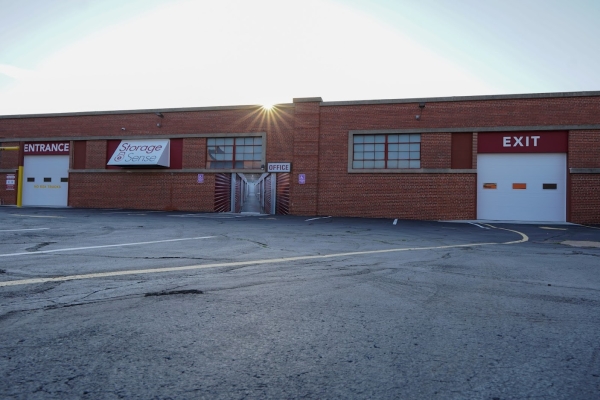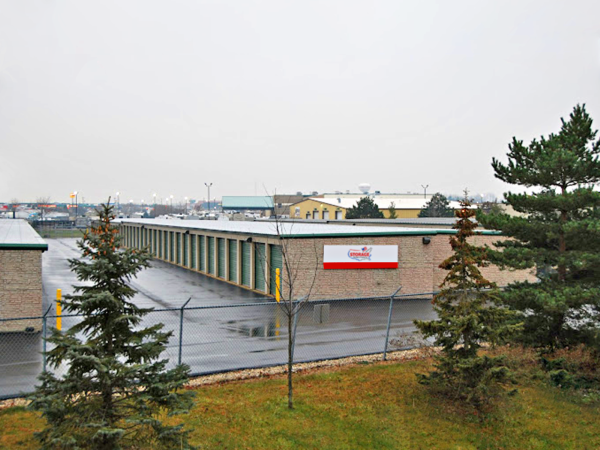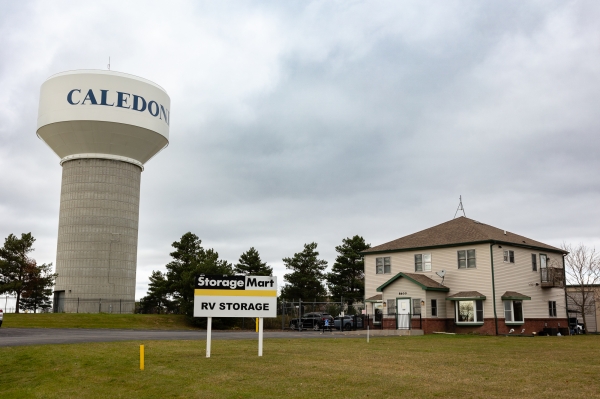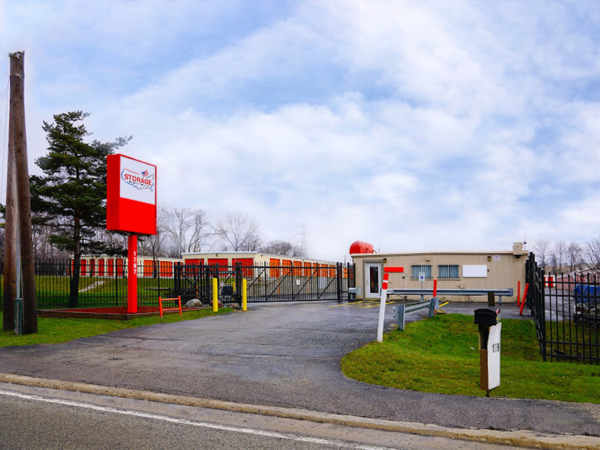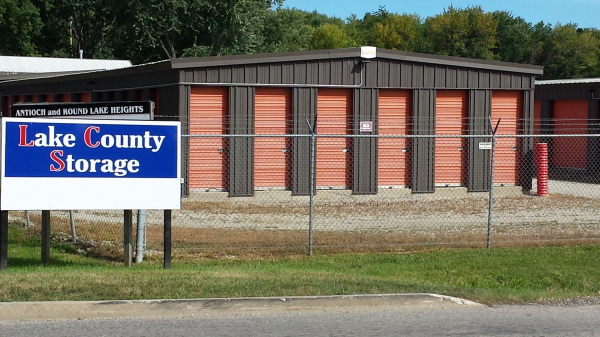Kenosha’s location along the shores of Lake Michigan and its blend of residential and commercial spaces create a landscape where efficient storage solutions are essential. The area’s seasonal weather patterns, including cold winters and humid summers, necessitate facilities that can protect belongings from temperature fluctuations and moisture. As families and businesses seek to optimize their space, the demand for accessible and secure storage options continues to grow.
With a mix of single-family homes, apartments, and local businesses, residents often find themselves needing extra room for seasonal items, recreational gear, and business inventory. The availability of features such as climate control and drive-up access makes it easier for individuals to manage their belongings, whether they are storing furniture during a move or keeping equipment safe during the off-season. Kenosha’s storage facilities are well-equipped to meet these diverse needs, ensuring that items remain protected and easily accessible.
How Much Is a Storage Unit in Kenosha, WI?
Here’s what you can expect to pay for Kenosha storage units:
| 5’x5’ | $41 |
| 10’x10’ | $104 |
| 10’x15’ | $130 |
| 10’x20’ | $148 |
| 10’x30’ | $251 |
Kenosha, WI Storage Unit Amenities
Common storage unit amenities in Kenosha include:
- Climate Controlled
- 1st Floor
- Drive Up Access
- Video Cameras on Site
- 24-Hour Access
- Free Truck Rental
- Elevator
- Alarm in Unit
What to Look for in a Storage Unit in Kenosha
Climate-Controlled Units
Kenosha experiences a wide range of temperatures throughout the year, making climate-controlled units a wise choice for protecting sensitive items. These units help prevent damage from humidity and extreme cold, ensuring that furniture, electronics, and important documents remain in good condition.
Convenient Access
With the city’s layout and proximity to major roads, having easy access to storage units is crucial. Facilities that offer drive-up access allow for quick loading and unloading, which is especially beneficial for businesses managing inventory or residents moving items in and out frequently.
Top-Notch Security
Security is a priority for Kenosha residents, and storage facilities equipped with video surveillance, gated access, and individual unit alarms provide peace of mind. Ensuring that belongings are safe from theft or damage is essential for both homeowners and business owners.
Flexible Rental Options
As the needs of Kenosha’s residents can vary widely, facilities that offer flexible rental agreements are advantageous. Whether you need short-term storage during a move or long-term solutions for business inventory, having options can help accommodate changing circumstances.
Frequently Asked Questions
How Much Is a Storage Unit in Kenosha, WI?
Storage unit prices in Kenosha typically range from $41 to $251 per month, depending on the size and features of the unit. Smaller units, like 5’x5′ spaces, are more affordable, while larger or climate-controlled units come at a higher price point.
Is Climate-Controlled Self-Storage Necessary in Kenosha?
Yes, especially for items that are sensitive to temperature changes. The cold winters and humid summers in Kenosha can damage belongings, making climate-controlled units a smart investment for preserving furniture, electronics, and other valuables.
What Size Storage Unit Do I Need?
- 5×5 or 5×10: Ideal for small personal items, seasonal gear, or college dorm furniture.
- 10×10: Fits the contents of a one-bedroom apartment, including furniture and boxes.
- 10×20 or larger: Suitable for multi-bedroom homes, vehicles, or business inventory.
How Can I Save on a Storage Unit in Kenosha?
Maximize savings with promotions such as free trial periods or lower rates for extended agreements. Additionally, consider units in less-central locations, which may offer lower rates, or share a larger unit with a friend to reduce costs.
Does My Insurance Cover Items in Storage?
While your renters’ or homeowners’ policy may cover stored items, there could be restrictions or limits. Checking with your insurance provider about coverage and assessing the need for supplemental storage insurance is wise.
